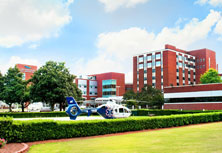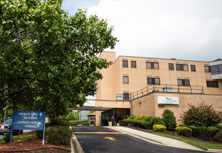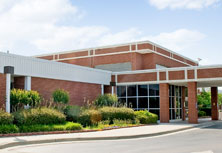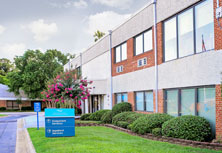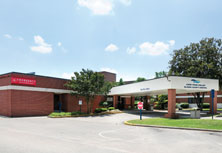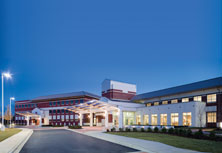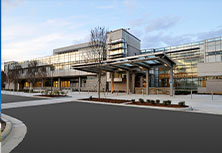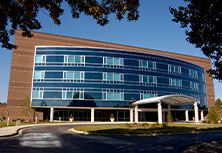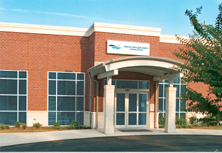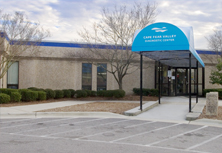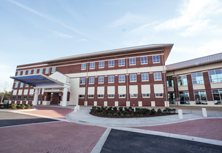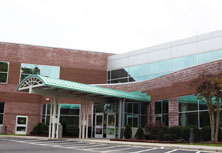Psychiatry Residency Program
Psychiatry Educational Resources
The Psychiatry Residency Program will supply the residents with educational resources to aid in the resident's learning environment. Residents will have access to basic texts and web-based exercises; current peer-reviewed literature that assists with evidence-based practice; knowledge and skills acquisition through didactic lectures, simulation training, and conferences; supervised rotations involving educationally-sound clinical and cognitive experiences in the wards and outpatient clinics; and opportunity for basic, translational, clinical, educational, or other research. In addition, the following resources will be made available:
- Patient Population: Cape Fear Valley Medical Center serves approximately 1 million patients annually. The patient population is economically and educationally diverse with all ethnic groups represented.
- Campbell University Jerry M. Wallace School of Medicine (CUSOM) Medical Library offers 24/7 access to over 3,800 full-text electronic journals, thousands of books, and all the major medical information databases. In the quest for evidence-Based medical practice, journal articles are frequented circulated and discussed. The medical library also has a Patient Informatics Consult Service (PICS) program to provide patients and their families with health information. Because the practice of evidenced-based medicine is of the highest priority, through synchronous services (Library Information Desk, SearchDoc, the Librarian On-Call, and Learning Site), staff expertise is available electronically 24/7.
- Skills acquisitions outside the bedside are fundamental to the educational mission. The Experiential Leaning and Assessment (CELA) offer opportunities for skills acquisition using simulation with standardized patients and state-of-the-art facilities. Learning activities in CELA are scheduled regularly and the residents also have 24/7 access for skills practice.
- Evolving current information from the peer-reviewed literature and information derived from presentations at national meetings are shared and discussed regularly at conferences. Articles are provided via electronic links to the CUSOM Medical Library and as copies for journal club and other activities.
- The basic and clinical sciences fundamental to are addressed through the weekly resident teaching conferences, grand rounds, clinical and education conferences, and attending walk rounds, as well as simulation center exercises, and the monthly research conference.
- The Graduate Medical Education office provides additional faculty development activities for residents and faculty concerning duty hours and fatigue.
- All residents are advised to create and maintain (i.e., keep current) a portfolio--electronic and/or paper--wherein they store their CV, evidence of teaching and research activities, certifications such as ALS, BLS, etc., and other documentation of professional and scholarly activities.
- Reflection serves as a key to learning. Regular reflection on new knowledge and acquired skills is encouraged and expected.
- Every six months each resident meets with a program director, associate program director, clerkship director, or a designated physician who is part of the education office to participate in a self-assessment as well as receive feedback on the progress made in clinical skills, medical knowledge, and the other competencies that are measured against level-appropriate milestones.
